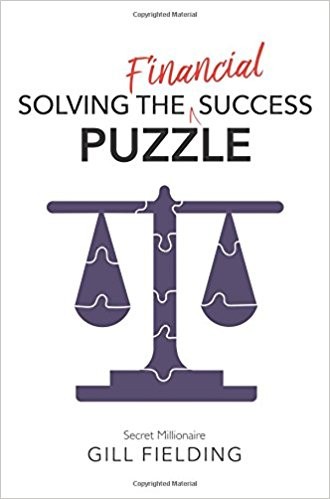 The ideal time to start for any wealth success journey is the day that you are born. As Winston Churchill said, "Saving is a very fine thing. Especially when your parents have done it for you.” So, if you are a new parent here are my top five tips, linked to five key skills – the Money Mum five.
The ideal time to start for any wealth success journey is the day that you are born. As Winston Churchill said, "Saving is a very fine thing. Especially when your parents have done it for you.” So, if you are a new parent here are my top five tips, linked to five key skills – the Money Mum five.
1. What you can do practically is to teach a child how to make any pocket money last for the whole week and perhaps most importantly teach your children that some money needs to be put by for a rainy day. Our rule was that any substantial sum given to any of our children, on birthdays for instance, was split in half: 50 per cent to be spent immediately and 50 per cent to be put in their building society for the long term.
2. Teach your children that money will grow if they invest it and a very simple method here is to get them to put some money in a pot somewhere and then after a month or so you add a little bit of money to represent interest earned so that they can see for real that their money has increased.
3. It’s also important to teach children that money is fun and so encourage them to spend whatever they do spend with fun and a flourish. Spending money isn’t a bad thing as long as you can afford it and we deserve the right to buy stuff and enjoy it. This helps to build up their belief with ‘I am worthy’ messages.
4. Whatever accounts or investments you make for your children, then show them the paperwork or get them involved so that they see it’s okay and not something to be frightened of. Explain as much as you can – or as much as they can cope with understanding – and involve them in family financial decisions just as you would other family decisions like holidays.
5. Encourage your children to be involved in the world of money and investing. Buy them a share! Explain to a child how a share works – the "it’s just one brick in the wall" analogy worked well for ours, and we bought one single share for each of them when they were quite young. They were each allowed to pick whatever company they wanted, so our youngest, for instance wanted to buy a share in a chocolate business, so we bought a Cadbury share.
Overall with children and money I suggest that you involve them, teach them the financial five-a-day Money Mum skills and show them that money isn’t evil – and it can be quite fun! It’s important not to let money become “an issue” for young people: it’s neither good nor bad – it just is.
Solving the Financial Success Puzzle by Gill Fielding and published by Silverwood Books Limited is available from Amazon.